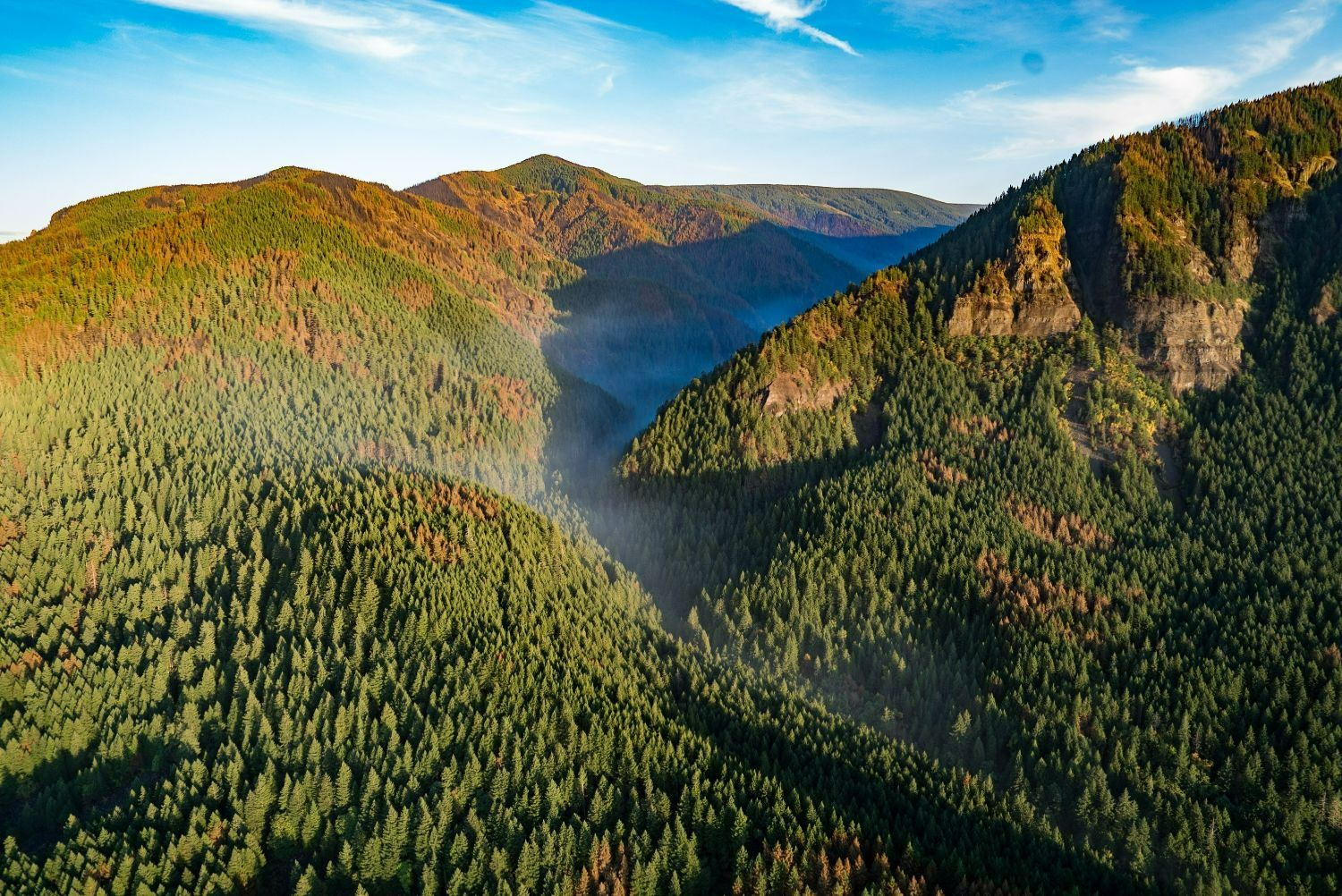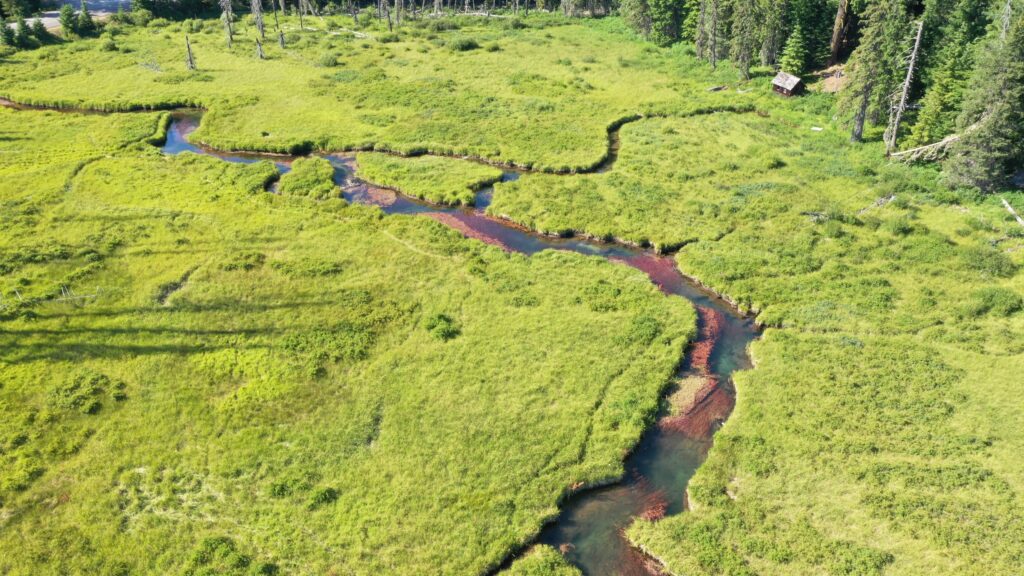Support Bark’s Climate Adaptation Work on Hood!

As we enter a rare third consecutive La Niña winter, we face exceptionally cold and wet conditions throughout the Pacific Northwest. To me, the return of rain serves as a reminder of what makes this region so special, and why Bark’s work is so important as part of an effort to mitigate the effects of climate change.
Donate now to empower Bark’s climate adaptation advocacy!
The wet forests of the westside Cascade Mountains support some of the most biologically rich terrestrial ecosystems in the world, and research finds that creating carbon reserves in these forests could offset up to eight years of regional fossil fuel emissions. Your support of Bark directly enables me and the rest of our staff to champion these adaptation measures and to continue our 23-year effort to protect mature and old-growth forests.

To promote climate change mitigation, Bark is pressuring the Forest Service to reassess priorities and take a hard look at the intersectional impacts of current land management processes and future climate predictions. After all, the Forest Service’s mission is to provide the greatest good for the greatest number of people and they can take an essential first step towards that mission by committing to the preservation of high-carbon priority forests.
But that’s not happening—yet.
That’s why organizations like Bark are working to add weight to the argument. This year, the Pacific Northwest Research Station finalized the Climate Change Vulnerability Assessment for the Columbia River Gorge National Scenic Area, Mt. Hood National Forest, and Willamette National Forest. This report compares the current conditions and expected effects of climate change on everything from wildlife to water quality. It also emphasizes the need to prioritize adaptive management practices.Bark routinely urges Forest Service leadership to provide direction, but there is currently no federal plan for developing an implementation framework for the Climate Vulnerability Assessment.
Next year, Bark will continue to apply pressure while ensuring our tried-and-true forest defense programs thrive – promoting climate resiliency in Mt. Hood National Forest by protecting mature and old-growth forests and building impactful wetland monitoring and restoration programs.
Click here to contribute to reframing forest management today!
For the Forest,
Cara Christofferson, Forest Policy Specialist
